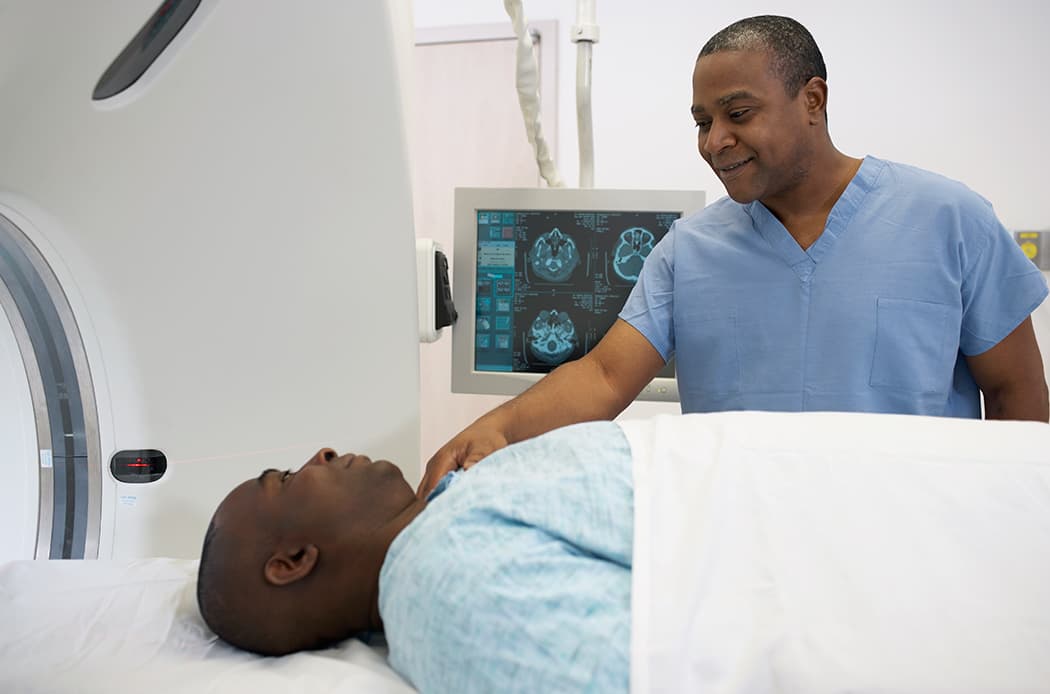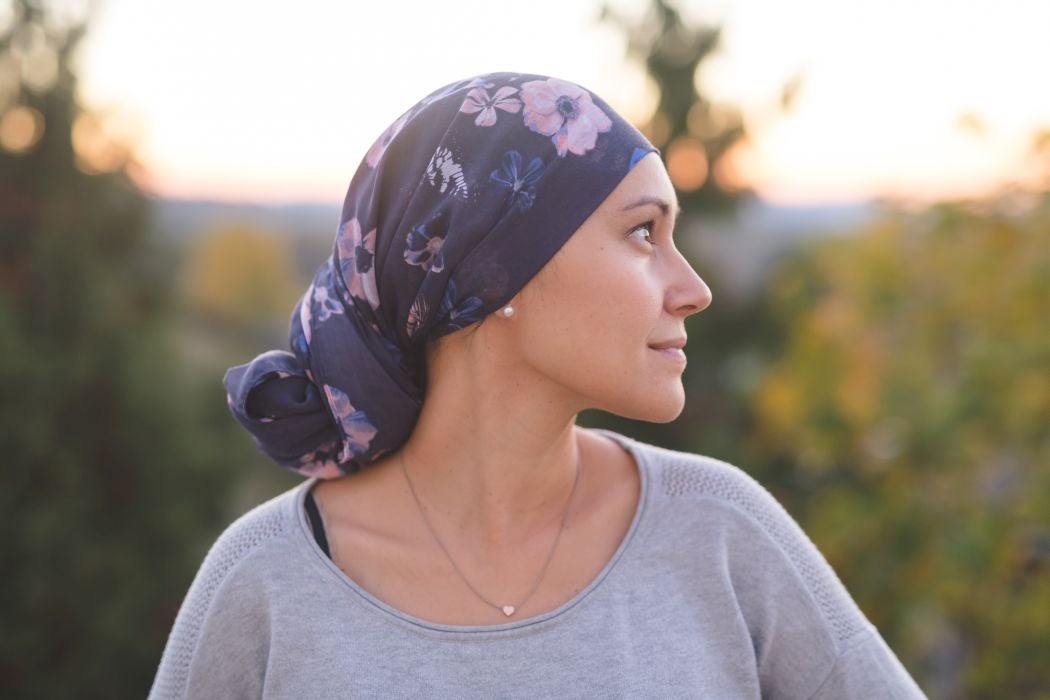The Advantages of Having a Multidisciplinary Oncology Team

Cancer is a broad name given to a set of more than 100 diseases, which differ according to the type of cells where they originate, genetic differences, extent of their impact on the body, and other variables.
In its 2020 update, WHO (the World Health Organization) estimated more than 19 million new cases worldwide, predicting a possible 47% increase in the next two decades, making it an emerging issue in global public health.
Because it is such a complex disease, cancer requires specialized care with a high-quality, safe, efficient and patient-centered approach, which should be put together by a multidisciplinary team.
When experts with different perspectives work collectively, the result is a comprehensive care process, making sure patients are treated in a humane and individualized way. In order to be successful, the care plan should consider patients’ biological, psychological and social circumstances as much as the aspects of the disease itself.
Recent studies have shown that having a multidisciplinary team increases treatment adhering, symptom control, and cancer prevention, as well as reducing the time to perform exams and complex treatments, which improves patients' quality of life due to the combination of different care perspectives.
A multidisciplinary medical body includes different specialists, such as: clinical oncologist, surgeon, anesthesiologist, radiotherapist, radiologist, pathologist, interventionist, cardiologist, mastologist, ophthalmologist, dermatologist, pulmonologist, psychiatrist, endocrinologist, oncogeneticist, among others, according to patients’ individual needs.
Other skilled workers from different backgrounds that are equally important to patient care are:
- Social Worker - Expert who offers assistance to patients, family members and caregivers on their search for social, community and support resources, as well as mediating conflicts and offering counseling.
- Chaplain - Someone that meets various spiritual needs of patients and caregivers, qualified to assist people of different beliefs.
- Oncologist nurse - Usually plays the leadership role in the multidisciplinary team because they tend to interact the most with patients. Their focus is on specialized care and they have a broad range of responsibilities, e.g., overseeing patient care, administering medication and conducting therapies, planning educational strategies, as well as performing symptom management, emergency care, etc.
- Pain management nurse - Their specialty is understanding the mechanisms of pain and using methods to control it, making patients more comfortable.
- Palliative care nurse - Tends to patients focusing on keeping their quality of life and relieving symptoms, rather than cure.
- Pharmacist - Ensures the quality and safety of treatments by establishing medication standards, handling chemotherapeutic agents and other substances, guaranteeing the correct use of medications, checking for drug interactions and possible harmful effects, etc.
- Physiotherapist - Promotes patients’ rehabilitation and physical, motor and respiratory functioning.
- Speech therapist - Helps patients with speech disorders and trouble swallowing.
- Nutritionist - Develops meal plans focused on nutrition in order to maintain and recover patients’ health, as well as trying to eliminate symptoms such as loss of appetite, loss of taste, weight changes, and others.
- Dentist - Responsible for maintaining oral health, which may be affected during treatment. Their work is particularly important when treating mucositis, using technologies such as laser therapy.
- Psychologist - Offers emotional support to patients and their families regarding the disease, its treatment and its impacts on their lives.
- Nurse technician - Follows the nurse’s lead in providing care, administering medication, and other duties.
- Occupational therapist - Helps patients with limited functions to recover and be able to perform daily activities.
Cancer patients’ multidisciplinary care requires comprehensive planning aligning the experts aforementioned and other’s work. Each healthcare provider has a unique role, but they all work towards the same goal: meeting patients’ needs as a whole.
Authors:
- Nurse Michelle Artioli - Specialist and Master in Oncology by AC Camargo Cancer Center. Teaching Coordinator at the D'Or Institute for Research and Education (“Instituto D’Or de pesquisa e ensino”).
- Nurse Thais Scarpelli - Clinical nurse specialized in oncology, titled by SBEO (Brazilian Society of Oncology Nursing). Oncology Nurse Navigator at Hospital Alemão Oswaldo Cruz
References:
1 - PIRSCHELl, C. Interprofessional Collaborations Improve Cancer Care. ONS Voice. March, 2018
2 - Reviewing Cancer Care Team Effectiveness – Journal of Oncology Practice. May 2015 vol. 11 No.3 239-246
3 - (Brazilian) National Cancer Institute (“Instituto Nacional de Câncer”). https://www.inca.gov.br/.
4 - WHO – World Health Organization
5 - IARC – International Agency for Research on Cancer Organization https://www.iarc.fr/.
6 - American Cancer Society, 2020. https://www.cancer.org/.
Know more about the subject

Cancer Survivorship: Stages, Statistics, And Care

Eating well after cancer: your diet after chemotherapy
A healthy diet after chemotherapy can help you regain your strength and promote good health.

Navigating Nutrition: Colon Cancer Diet Advice
Eating well and following a balanced, nutritious diet is one of the best ways you can prepare for colon cancer treatment 1. But what is a healthy ‘colon cancer diet’?

Radiotherapy

Complementary Therapies to Reduce Cancer’s Side Effects
They have scientifically-proven benefits and can be used to improve patients’ well-being.1

Common Questions About Hair Loss During Cancer Treatment
Although this is deeply associated with cancer treatment, not all people lose their hair



